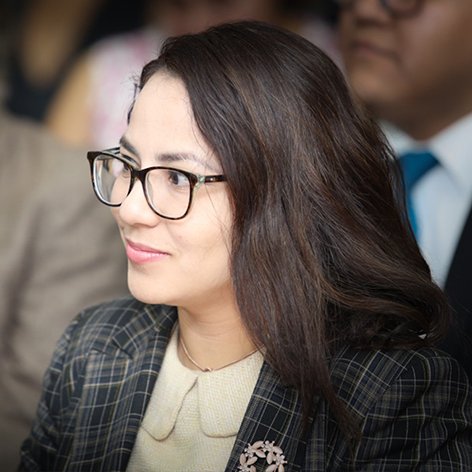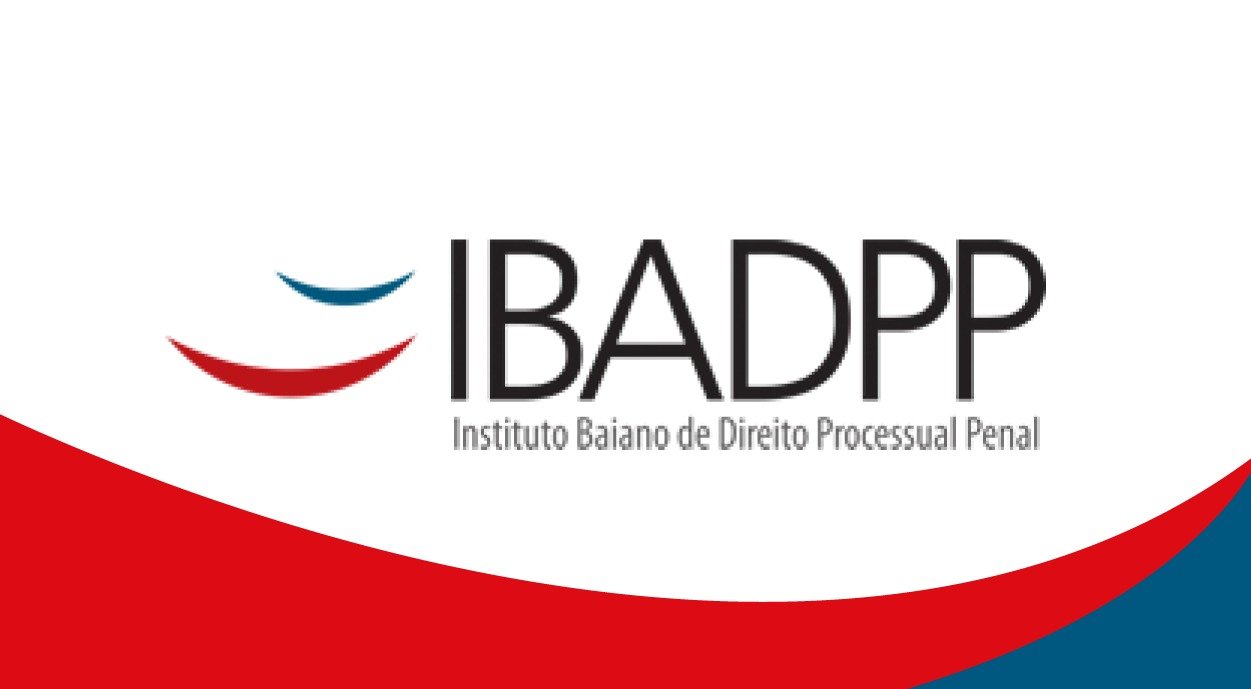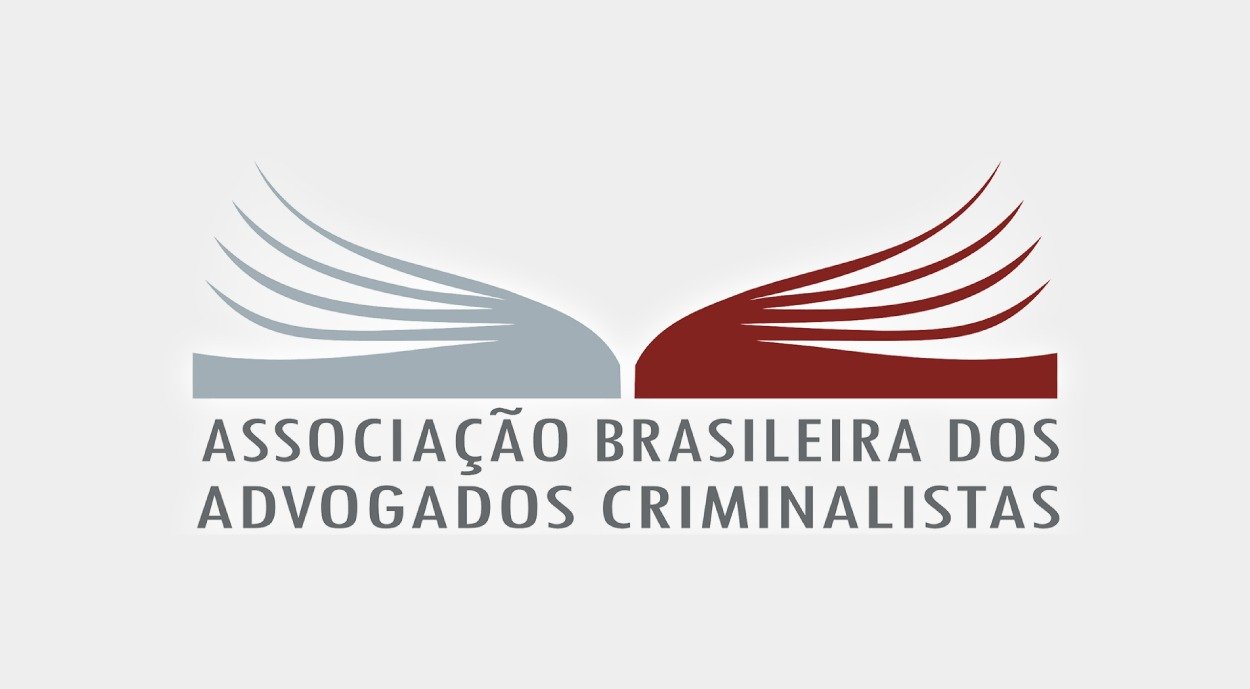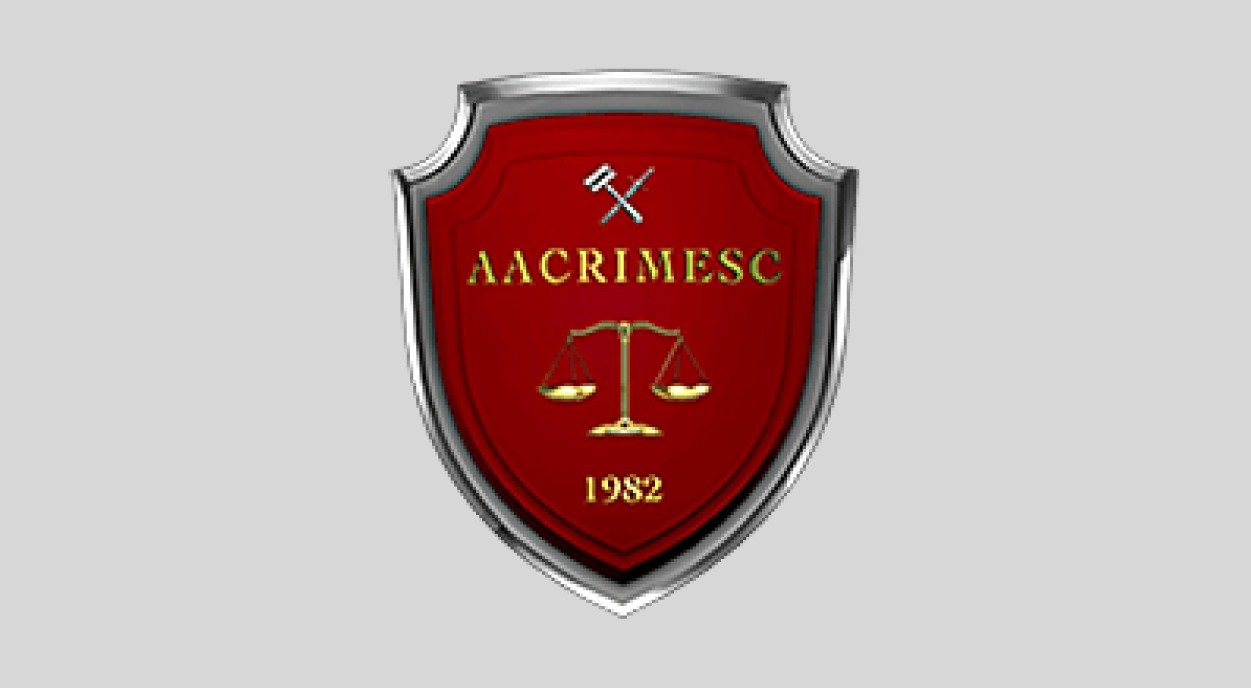To deny any person their human rights is to challenge their very humanity. To impose on them a wretched life of hunger and deprivation is to dehumanize them.
Nelson Mandela
Each of us, no matter where we are, where we were born, and regardless of our color, race, ethnic group, status, sex, class, age, or sexual orientation, we all are entitled to the same basic, and inalienable rights and freedoms. They form the cornerstone of a just and equitable society, ensuring dignity, equality, and justice for all.
Human rights encompass a wide range of rights and freedoms, including civil, political, economic, social, and cultural rights. They are interdependent, universal, and indivisible, so, they apply to all individuals equally.
Civil and political rights guarantee liberties such as freedom of speech, assembly, and a fair trial; economic and social rights include the right to education, healthcare, and a standard of living; cultural rights protect the preservation of one's identity, language, and cultural practices.
Human rights are based on principles such as human dignity, equality, non-discrimination, and universality. These principles provide the foundation for the development and implementation of international human rights instruments and mechanisms. Treaties, conventions, and agreements serve as legal frameworks while monitoring bodies and international courts ensure compliance and enforcement of human rights standards.
Despite significant progress in recognizing and protecting human rights, challenges persist. Poverty, discrimination, gender inequality, and human rights violations continue to plague many parts of the world. However, positive changes have been witnessed.
Additionally, international tribunals, such as the International Criminal Court, have helped hold individuals accountable for human rights abuses. Grassroots movements, civil society organizations, and advocacy campaigns play vital roles in raising awareness and driving changes.
In Conclusion, Human rights are the bedrock of a just and inclusive society. They provide individuals with the freedom, dignity, and equality they deserve. The historical journey of human rights, from ancient civilizations to the modern era, highlights the persistent struggle to secure and safeguard human rights. Our collective responsibility is to continue working towards a world where human rights are universally respected, protected, and fulfilled.
Human rights are not privileges, can not be granted, can not be revoked.
Imagem Ilustrativa do Post: Canadian Museum for Human Rights // Foto de: Timothy Neesam // Com alterações
Disponível em: https://www.flickr.com/photos/neesam/33911980794
Licença de uso: https://creativecommons.org/publicdomain/mark/2.0/





